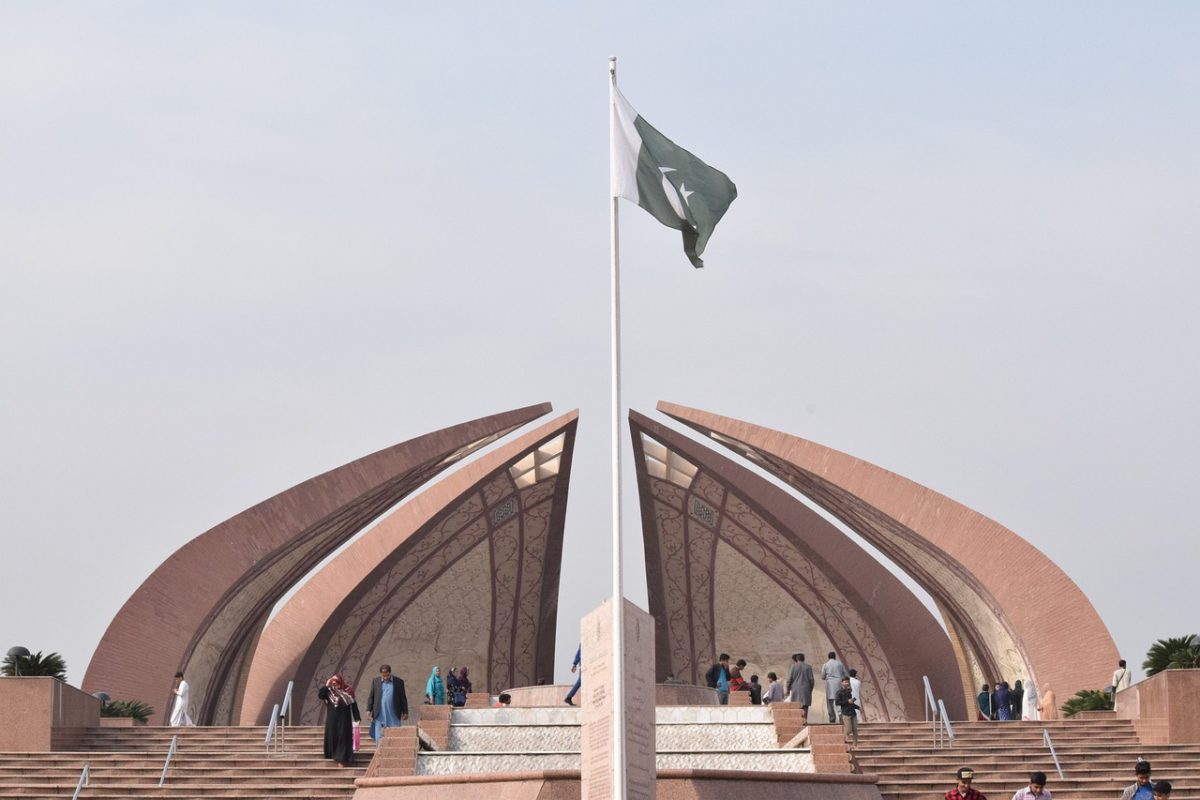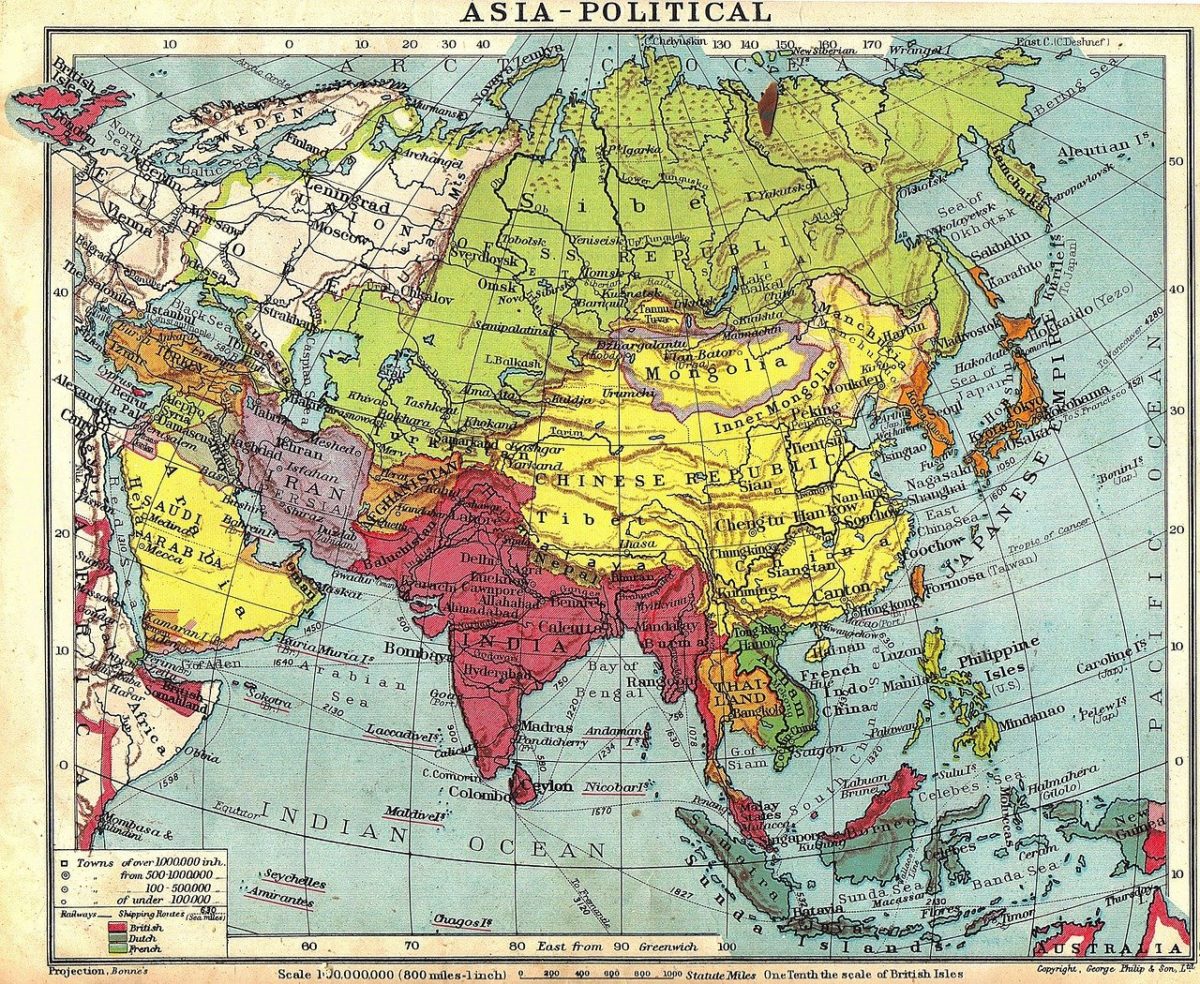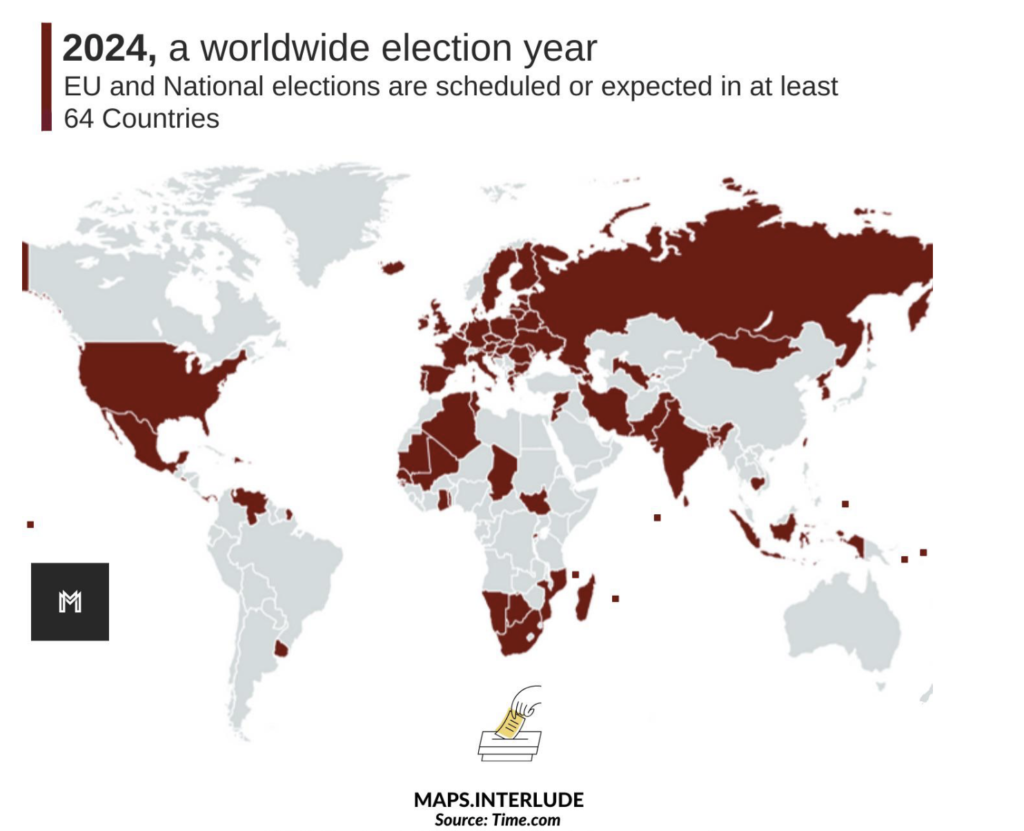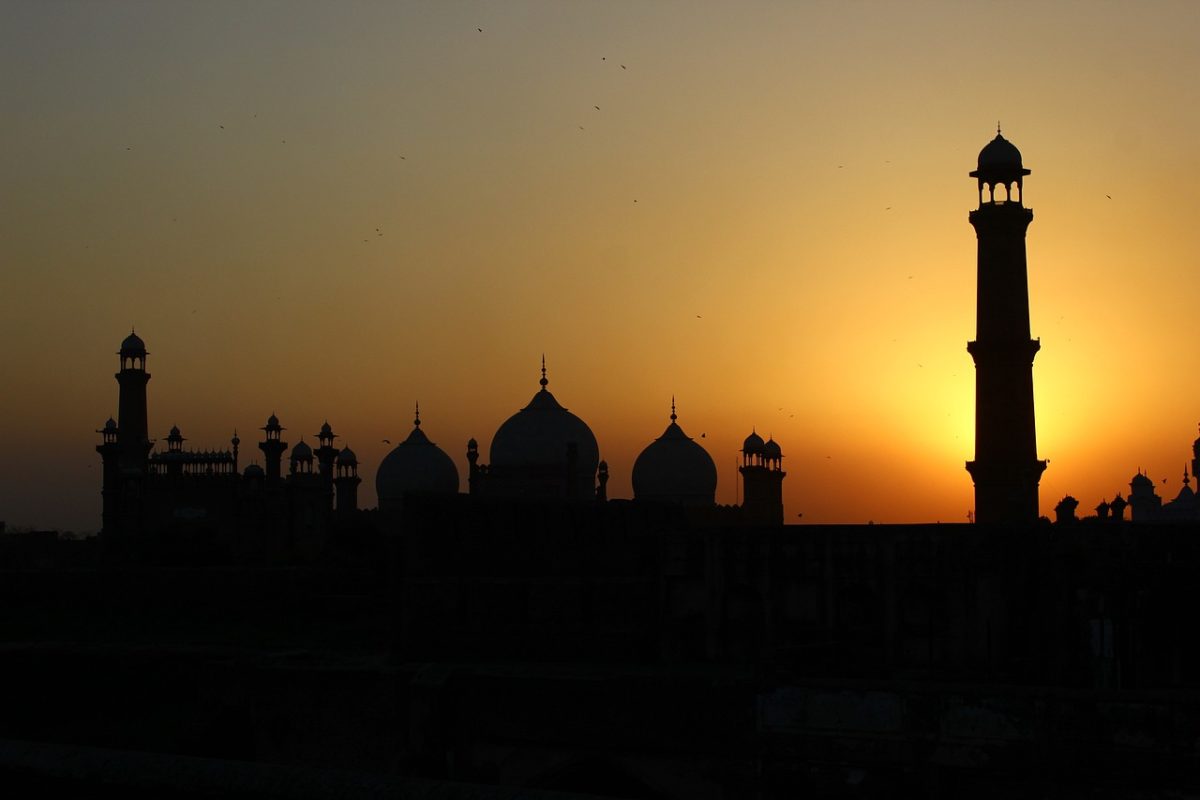Summary
- Reforms to the Judiciary: The 26th Constitutional Amendment in Pakistan introduces significant changes to the judiciary, including curtailing the Supreme Court’s suo motu powers (ability to act on its own cognizance) and creating specialised constitutional benches.
- Judicial Appointments: The amendment restructures the Judicial Commission of Pakistan, increasing parliamentary influence over judicial appointments and adding a technocrat to the selection panel.
- Environmental Rights: A new Article 9A guarantees citizens the right to a clean and sustainable environment, reflecting growing environmental concerns.
- Supporters’ View: Proponents argue the amendment restores the balance of power between parliament and judiciary, while improving judicial efficiency and transparency.
- Critics’ Concerns: Critics, including the opposition and international bodies, warn it undermines judicial independence by increasing political influence and limiting judicial oversight.




